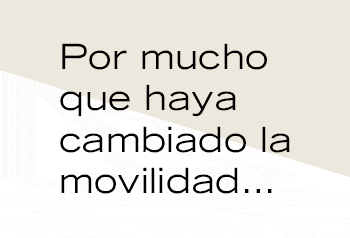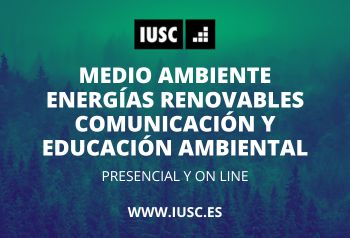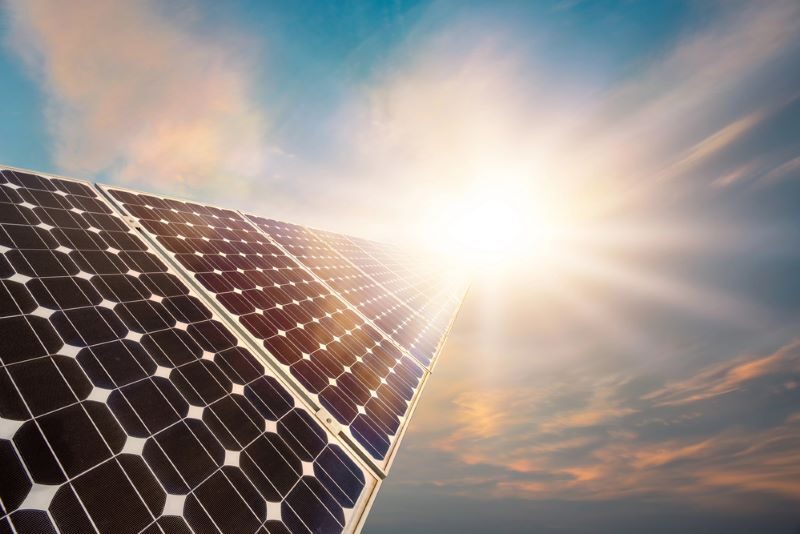Today, June 21, is the day World Sunday 2024, which coincided with the summer solstice in the global north and the winter solstice in the southern hemisphere. The sun is the source of one of the renewable energy most important and with greater projection: solar energy.
On World Sunday 2024, let us not forget that solar energy is what the sun transmits in the form of light and heat. It allows you to heat water (via thermal panels) or a house (with large windows or via solar energy) and produce electricity (via photovoltaic panels).
World Sunday 2024: a very versatile energy source
In commemoration of the World Sunday 2024it is important to know that the sun indirectly participates in the production of a large part of the energy on Earth:
- Hydraulic energy uses the movement of water (jumps or streams, ocean currents, etc.) which depends on the cycle of the sun.
- Wind energy is created, among other things, by pressure differences in the atmosphere, which are influenced by the sun.
- Fossil fuels (coal, oil and natural gas) come from organic materials that have grown and multiplied through photosynthesis.
How can we use solar energy?
Solar energy is used directly and indirectly in a large number of energy production processes.
Photovoltaic solar energy
When the sun’s electromagnetic energy is converted into electricity, we call it photovoltaic solar energy, which requires at least one solar panel made of cells. These are made of semiconductor material, usually crystalline silicon. Silicon is the most abundant chemical element on Earth after oxygen; it is even found in large quantities in sand.


A photovoltaic cell is made up of two layers of silicon, the top of which contains phosphorus atoms, each of which has an extra electron compared to the silicon. In other words: this shell has an excess of electrons. The bottom layer contains boron atoms, each of which has one fewer electron than silicon.
Due to this difference, the excess electrons from the top layer migrate to the deficient boron atoms in the bottom layer. This migration of electrons generates electricity, in the form of direct current.
But since the electricity normally used must be alternating current, an inverter is used, whose job is to convert the direct current produced by the panels into alternating current, which is used in many ways. That’s an interesting fact about it World Sunday 2024.
Solar thermal energy
Solar thermal energy consists of converting solar energy not into electricity, but into heat. So we are talking about thermal solar panels or solar boilers. Solar panels capture the heat radiated by the sun’s rays, which in turn is passed on to a heat transfer fluid (which transports heat). Once hot, the heat transfer fluid is used to heat cold water. When in contact with cold water, the liquid cools and then returns to the panel to start a new cycle.
This type of solar energy is used for:
- Provide hot water for domestic use (shower, sink, etc.)
- Heat the rooms by using hot water radiators or heated parquet floors or underfloor heating.
Why use solar energy?
The solar energy It has a large number of properties that make its widespread use beneficial. It is an inexhaustible source of energy. It is good for the environment because it does not pollute and allows users to save money in the long run.
Let’s take it into account in the World Sunday 2024, that as long as our star shines, we can produce electricity or heat using solar energy. And since, according to scientists, the sun still has about 5 billion years left, it is feasible to say that solar energy is inexhaustible.
This energy source is also free and available anywhere in the world. It is accessible to professionals and individuals and is highly adaptable to the needs of everyone. In addition, it allows the use of large spaces that normally have no further use, such as the roofs of farms, industrial warehouses, etc.
World Sunday 2024: good for the environment
In the World Sunday 2024 Let’s realize that solar energy does not emit radiation CO2, one of the most important greenhouse gases and is mainly produced by the combustion of fossil fuels. And unlike nuclear energy, it does not produce toxic waste.
The ecological balance of solar panels is extremely good. A solar panel produces much more energy than is needed to produce it. And once it reaches the end of its lifespan, which is becoming longer and longer thanks to technology, it will be recycle by 94.7% and therefore produces virtually no waste.

